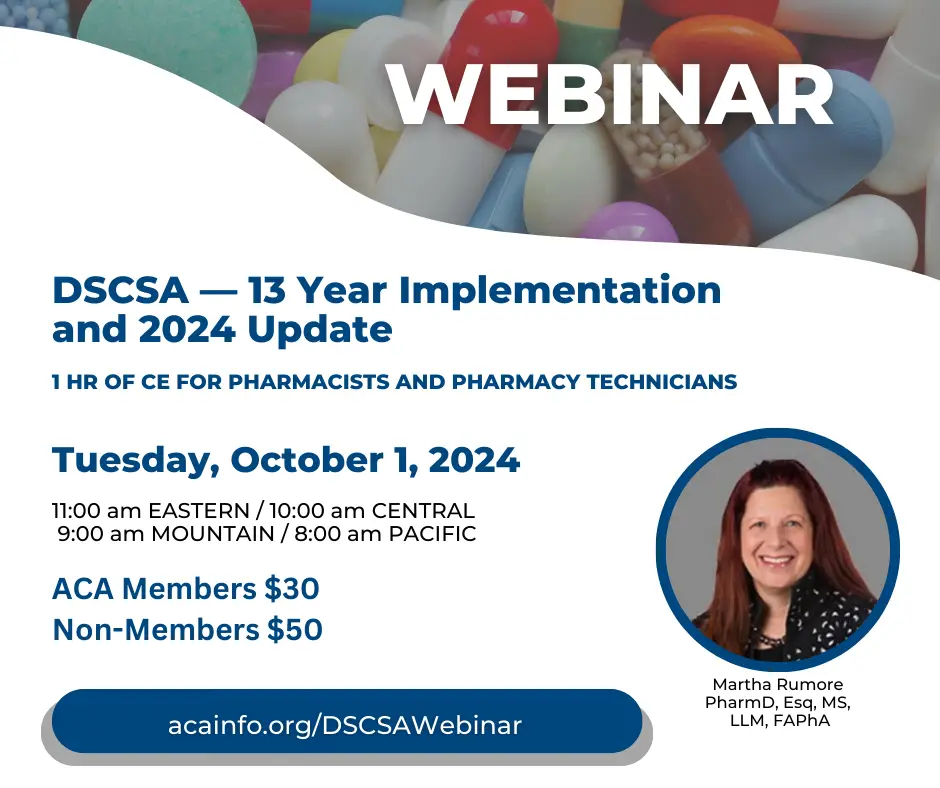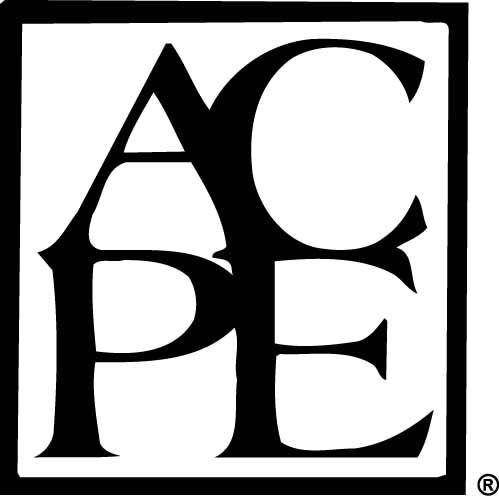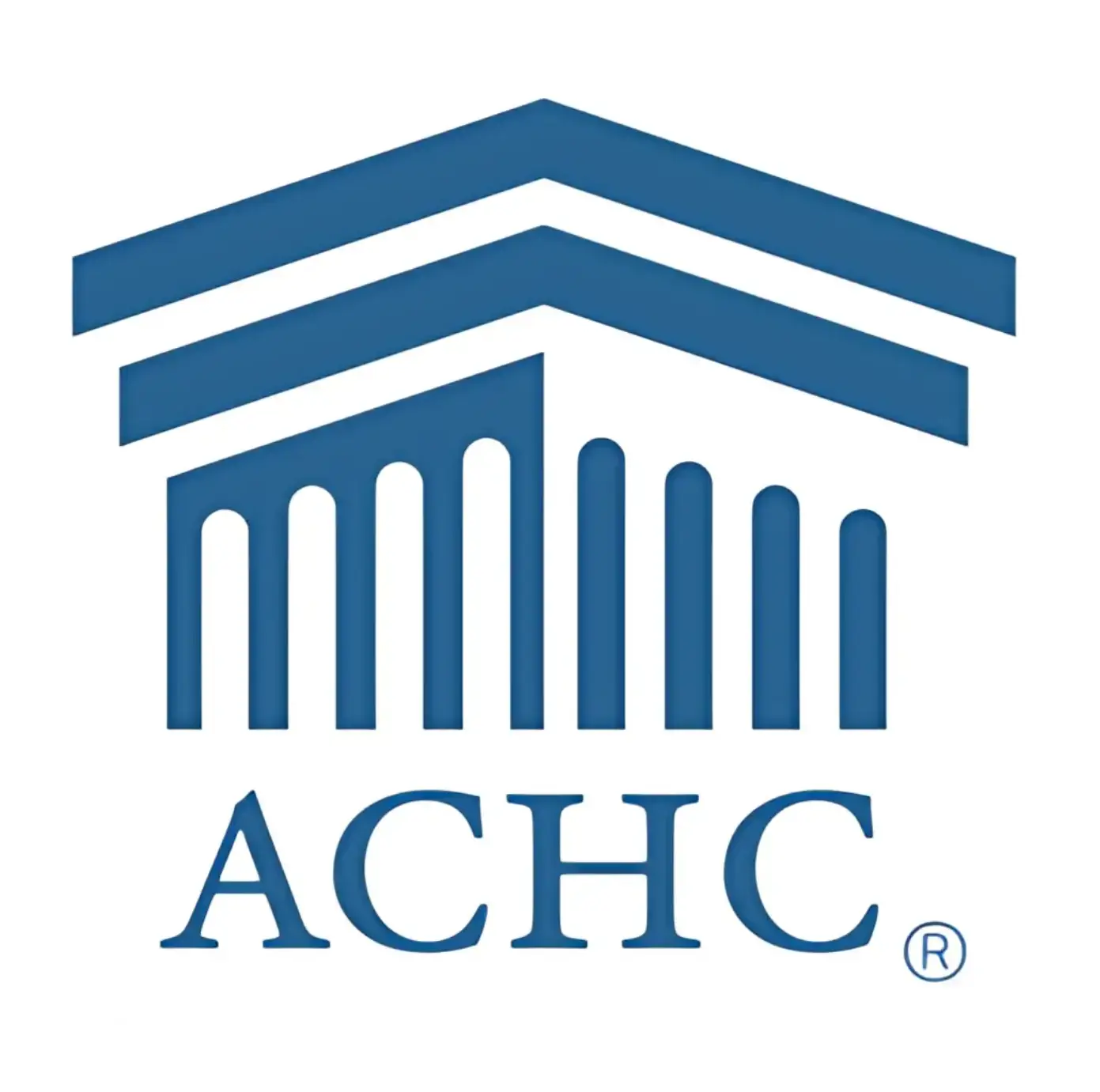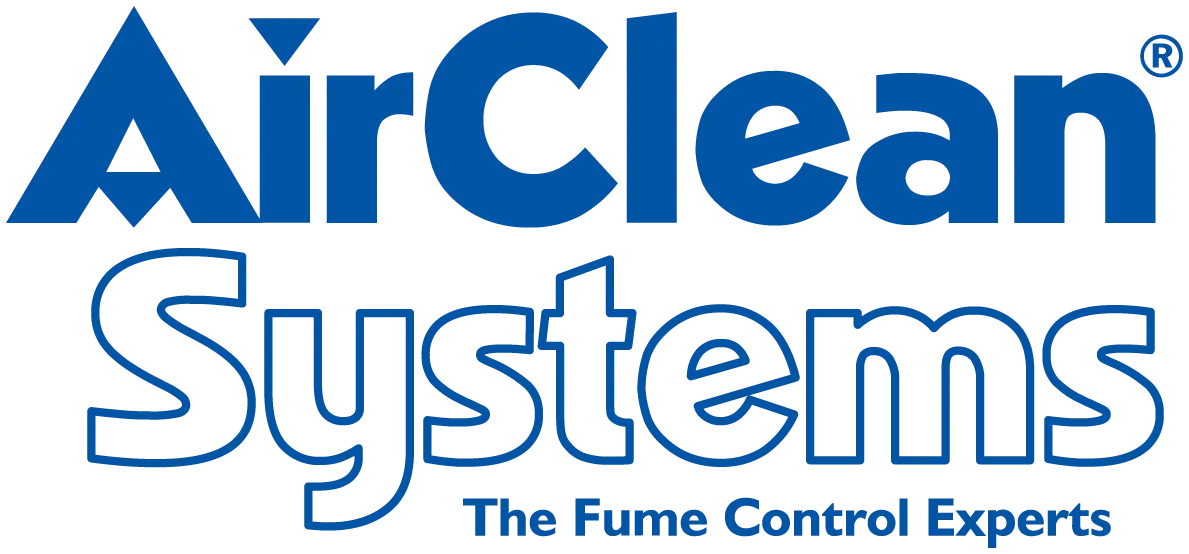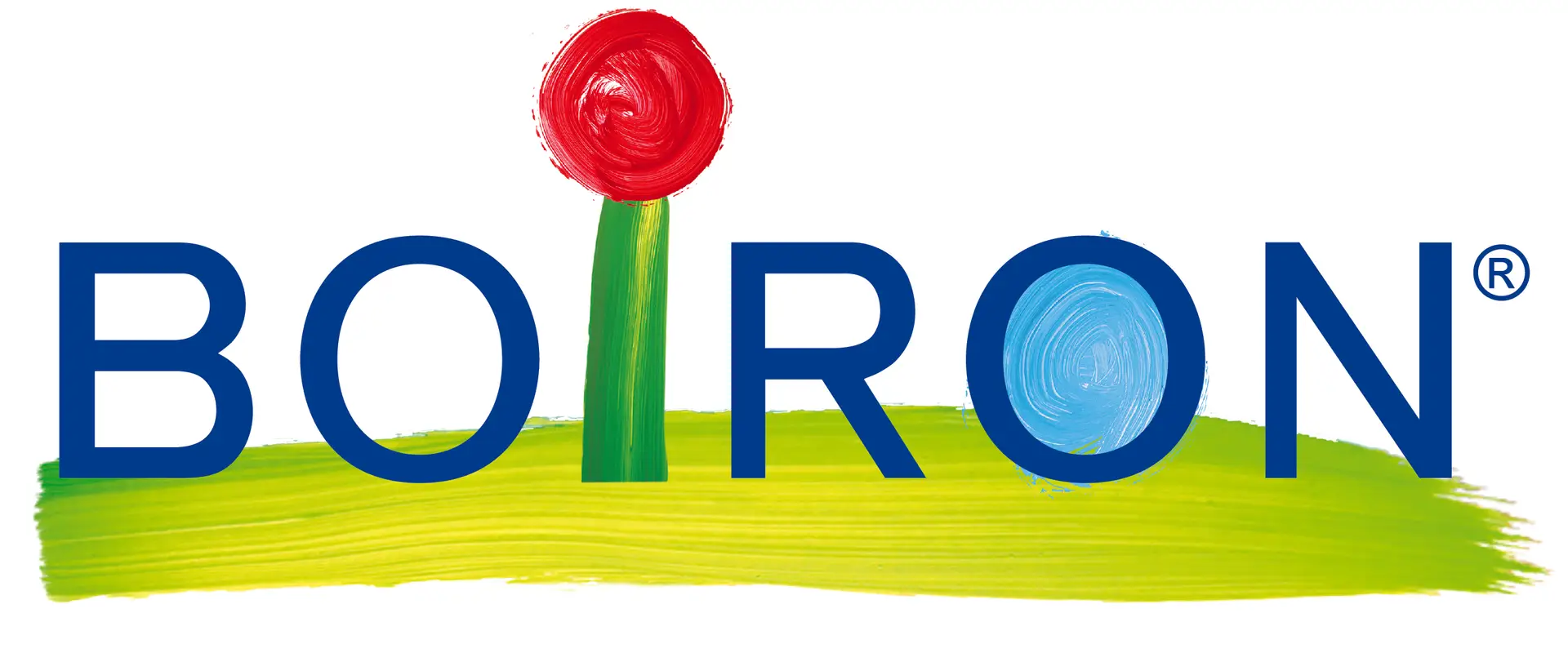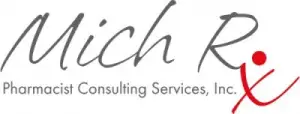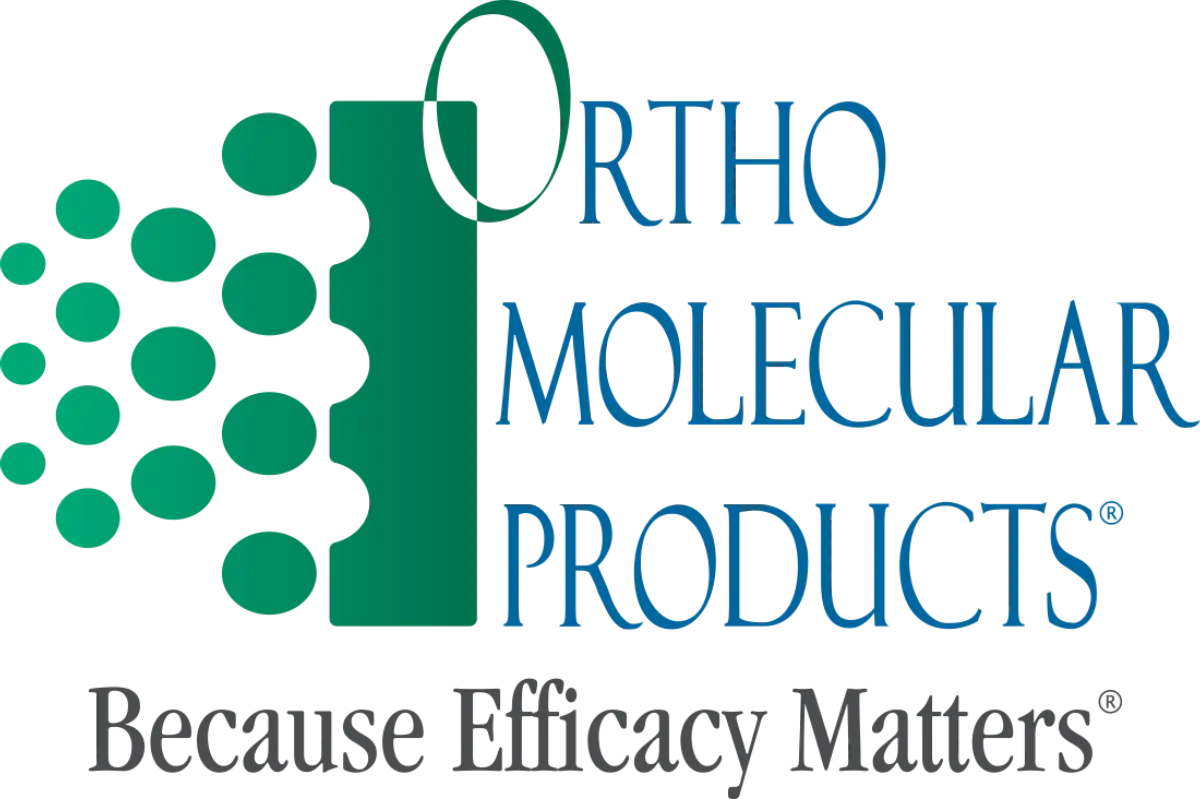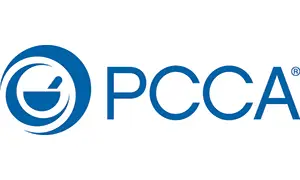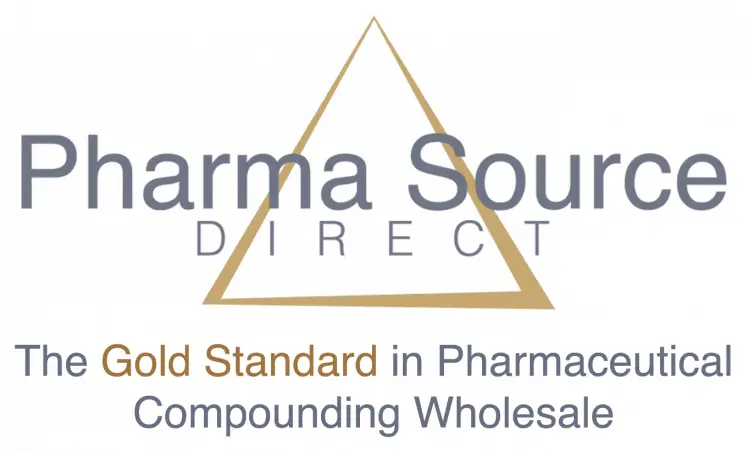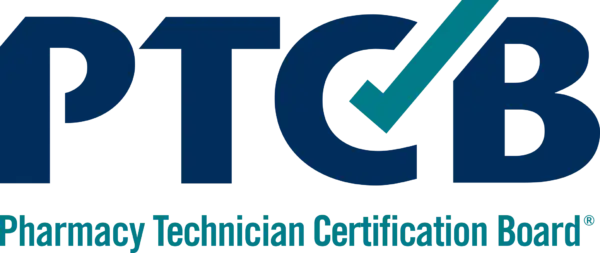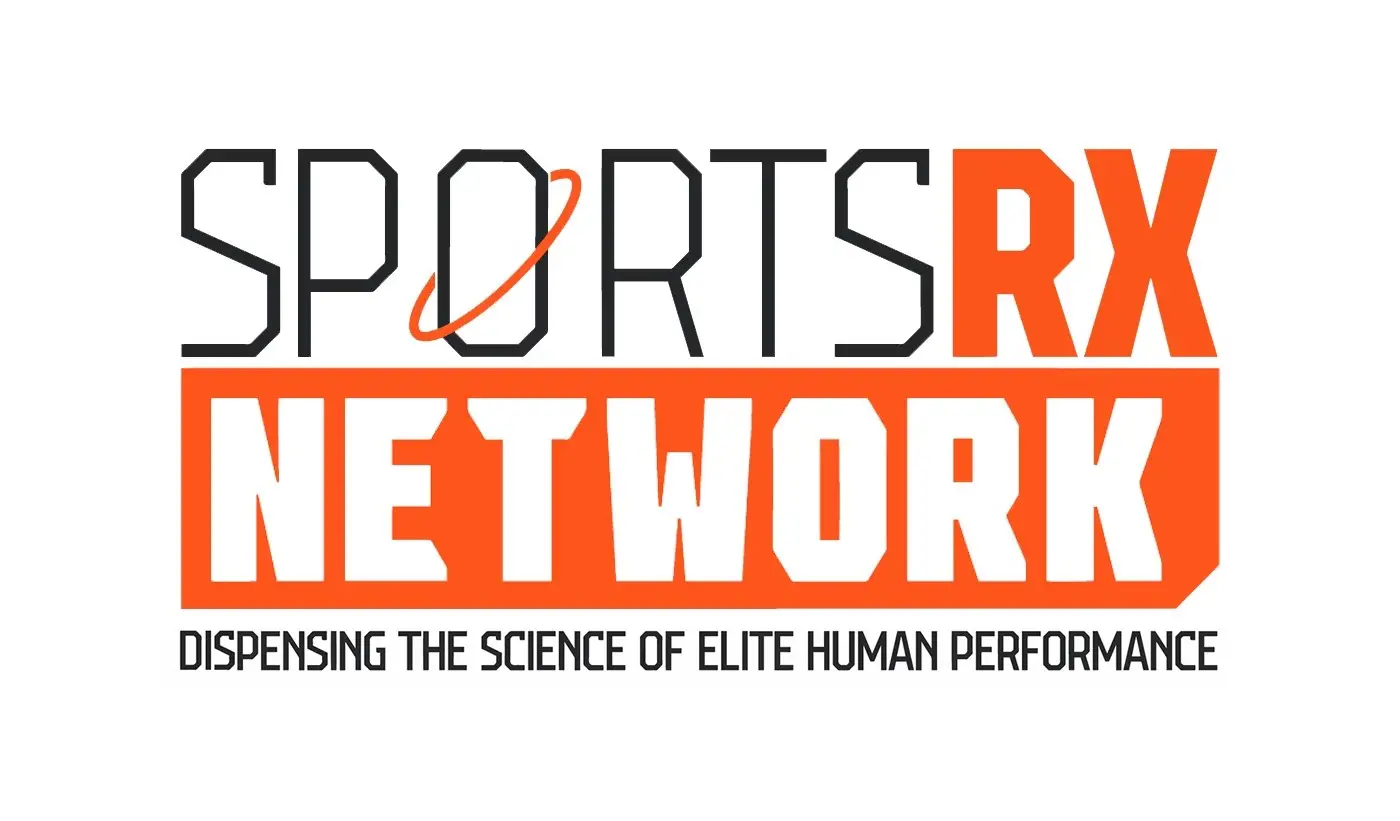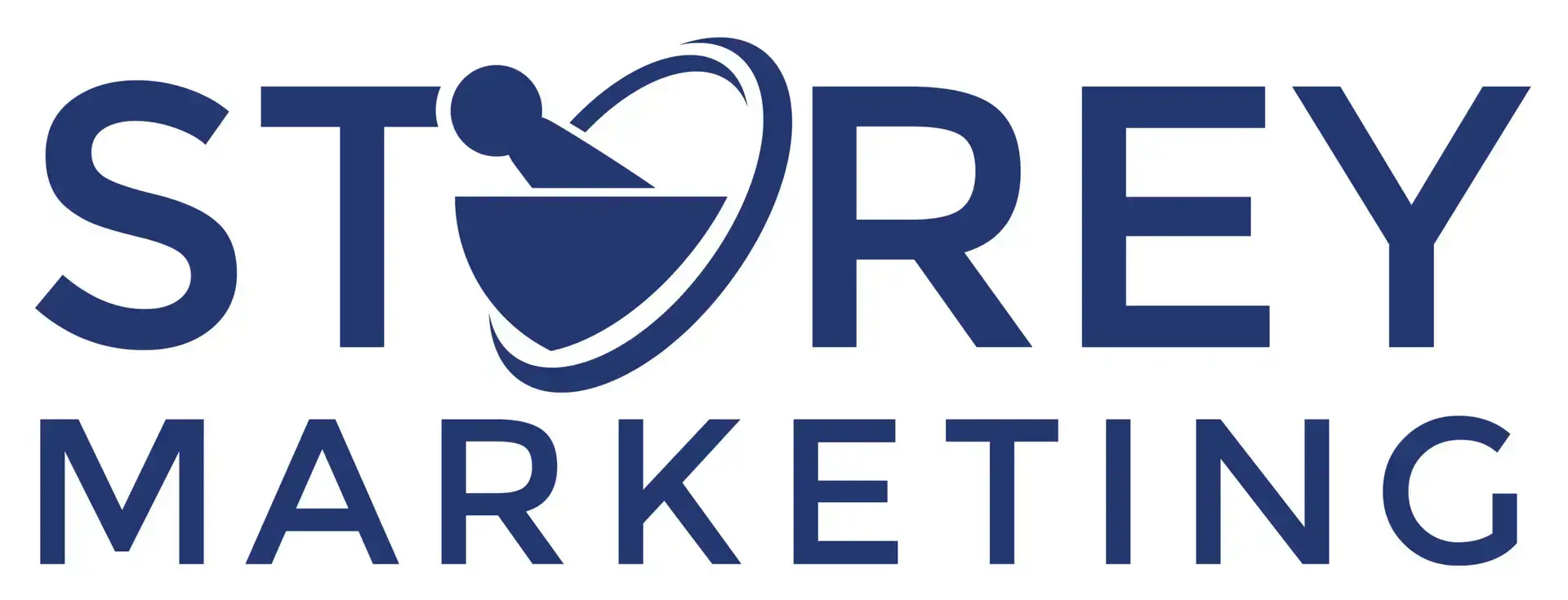Sterile Compounding Certificate Program | June 18–20, 2026
The Comprehensive Sterile Compounding Certificate Program is a live, in-depth training program designed for pharmacists and pharmacy technicians involved in sterile compounding. This certificate-based course provides a structured, practice-focused review of sterile compounding standards, regulatory requirements, documentation, training, and quality systems to support safe and compliant operations.
Participants will examine the legal and regulatory framework governing sterile compounding, including applicable FDA guidance and key USP standards such as USP <797> and USP <800>. Emphasis is placed on understanding how these requirements translate into daily practice and inspection readiness.
The program includes detailed instruction on documentation, quality assurance and quality control programs, policies and procedures (SOPs), and personnel training and competency requirements. Attendees will review expectations for facility design, environmental monitoring, equipment, and workflow as they relate to sterile compounding compliance.
A focused module on hazardous drug handling addresses facility requirements, engineering controls, PPE, personnel training, and assessment of risk, with alignment to current safety and regulatory expectations.
This certificate program combines didactic instruction and application-based learning, offering attendees the opportunity to strengthen their sterile compounding knowledge while reinforcing compliance, safety, and best practices.
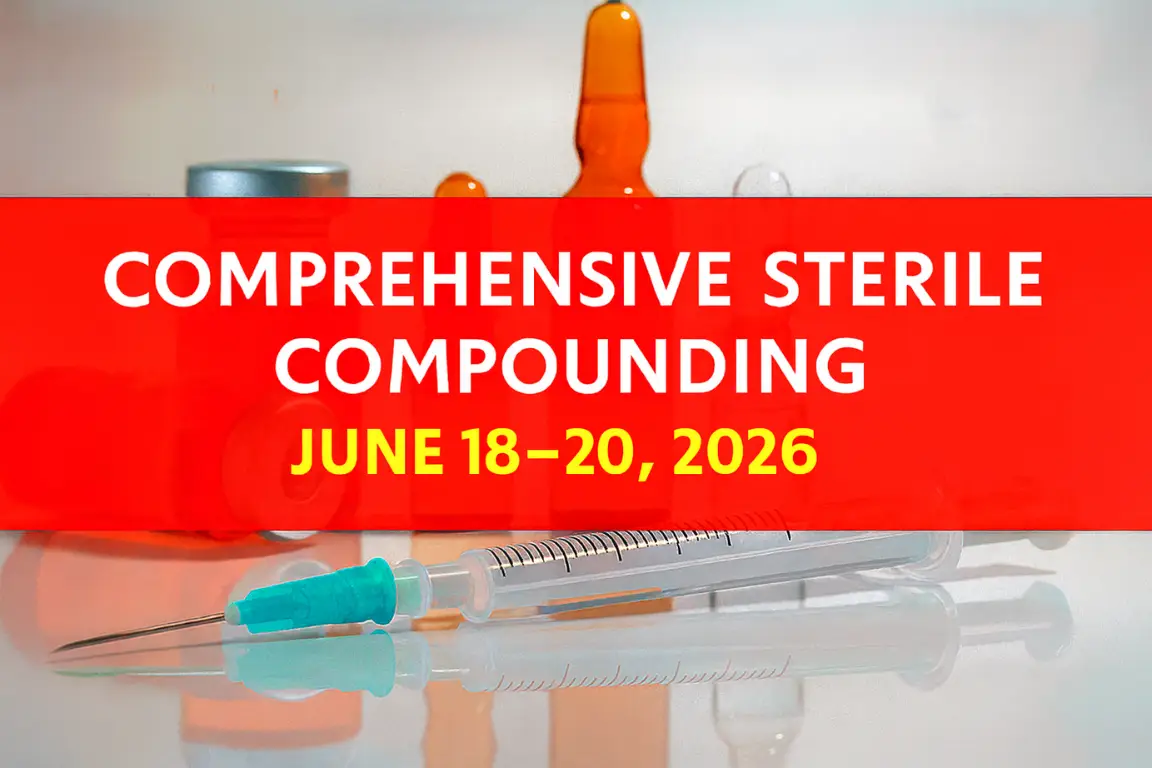
Advance your sterile compounding knowledge and compliance skills with this comprehensive, certificate-based training program for pharmacists and pharmacy technicians. Registration is below.
What attendees said:
- “This class was super helpful in increasing my knowledge and technique in the lab. I highly recommend it.”
- “It’s a great class! Anyone want to get into sterile or the ones already doing it, should really consider taking this class.”
- “With nearly 20 years of sterile compounding practice and exposure, this course reinforced my knowledge and skills in this area. I am more confident after this course.”
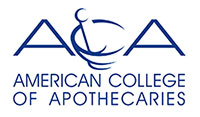

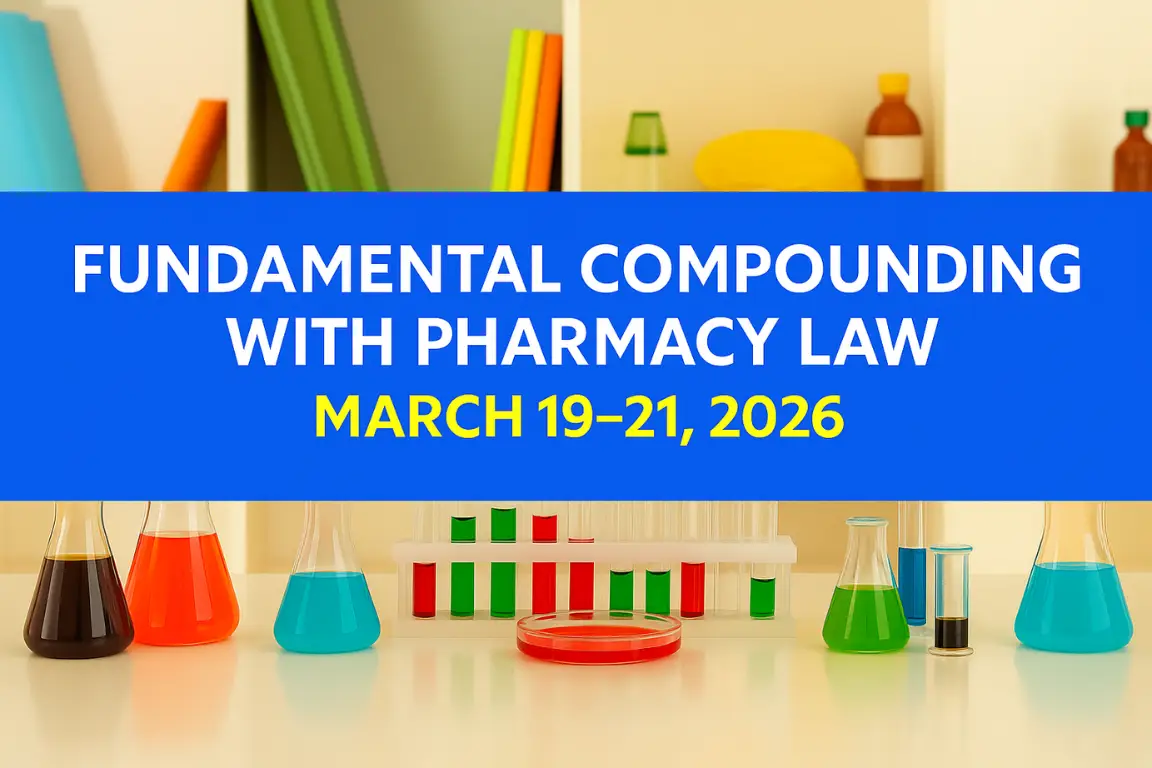
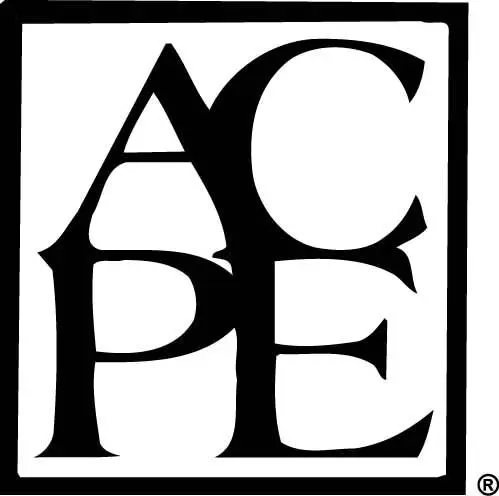 The American College of Apothecaries (ACA) is accredited by the Accreditation Council for Pharmacy Education as a provider of continuing pharmacy education. ACA has accredited this application/certificate-based program for 21 contact hours (2.1 CEUs) of continuing education credit for pharmacists and pharmacy technicians.
The American College of Apothecaries (ACA) is accredited by the Accreditation Council for Pharmacy Education as a provider of continuing pharmacy education. ACA has accredited this application/certificate-based program for 21 contact hours (2.1 CEUs) of continuing education credit for pharmacists and pharmacy technicians.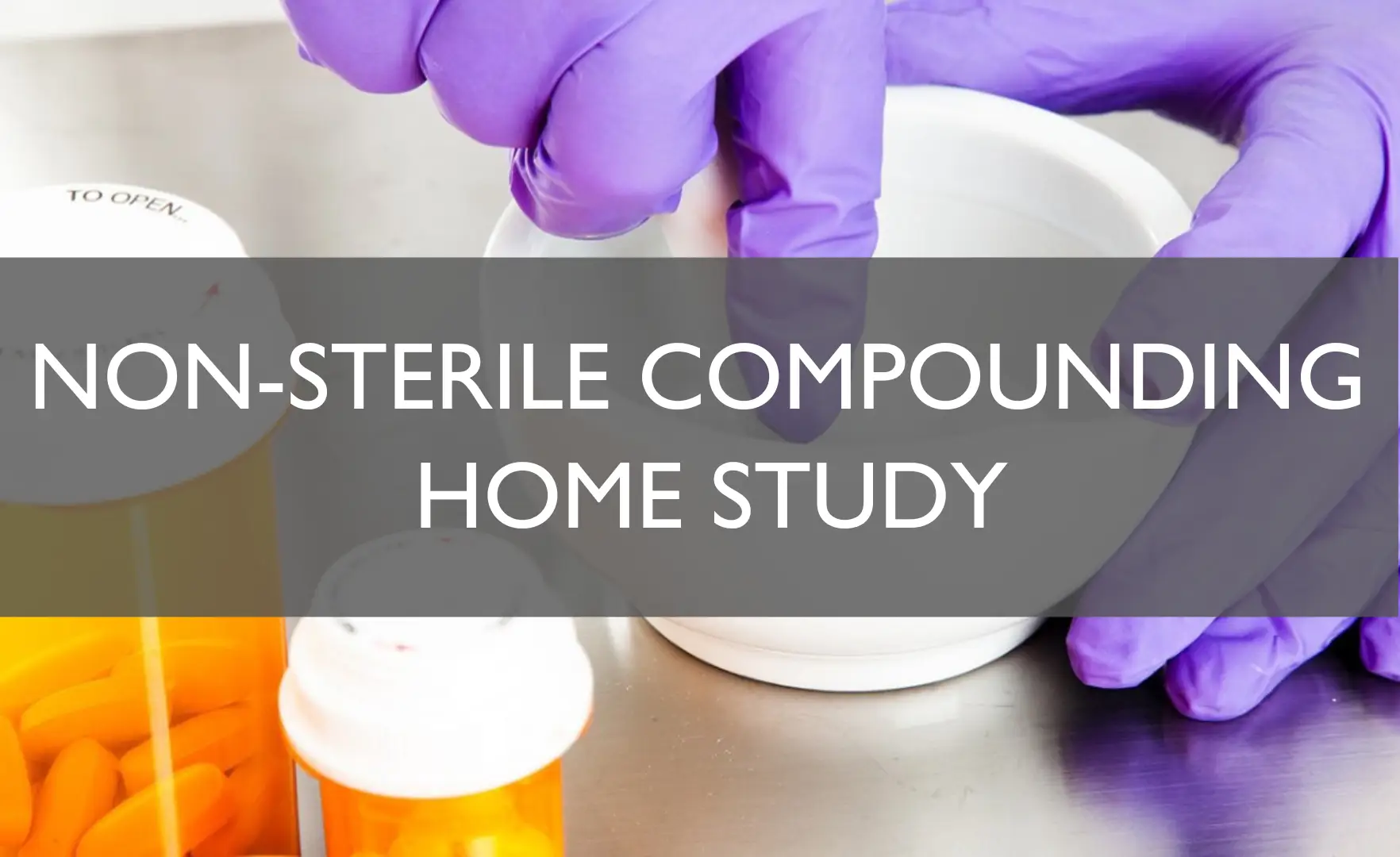
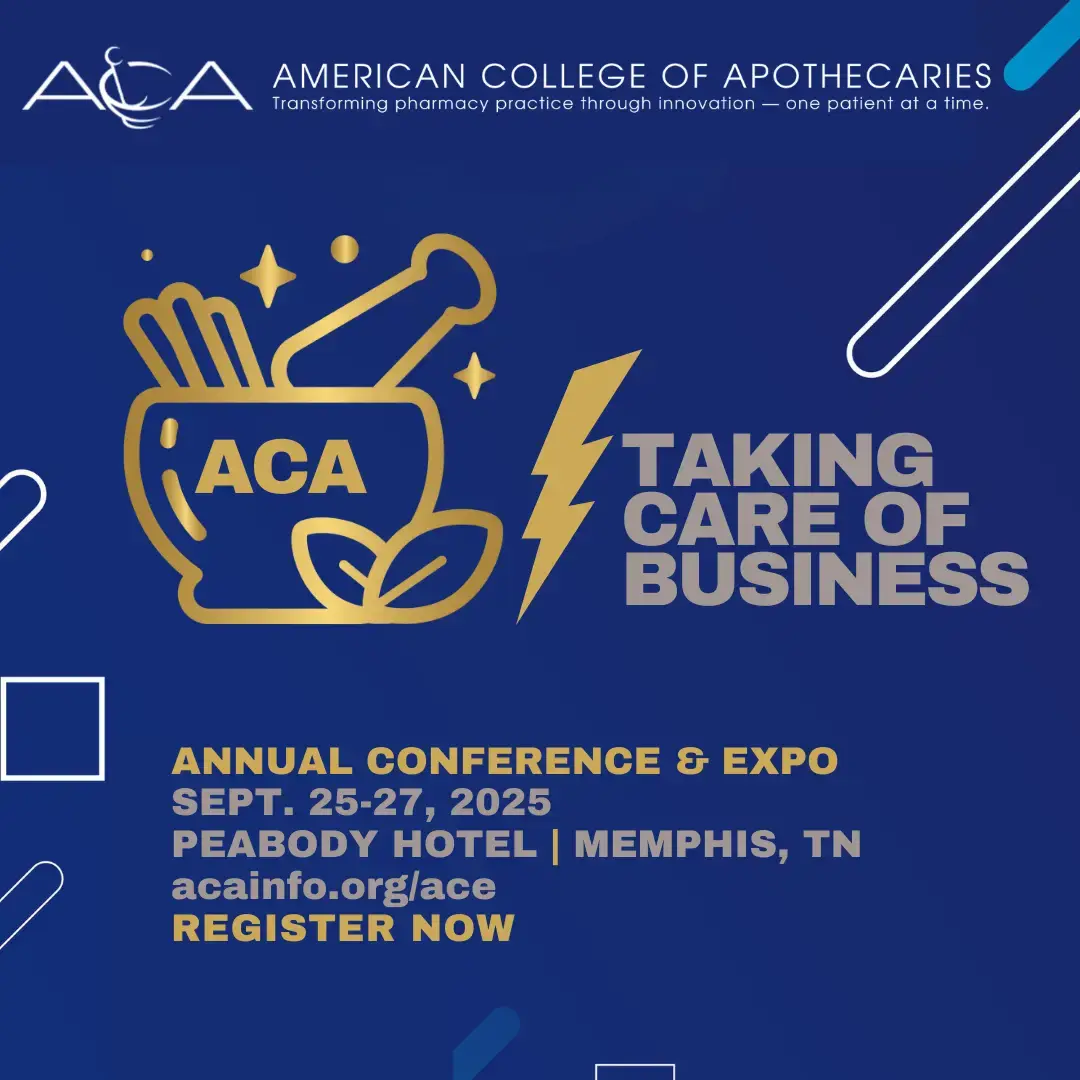


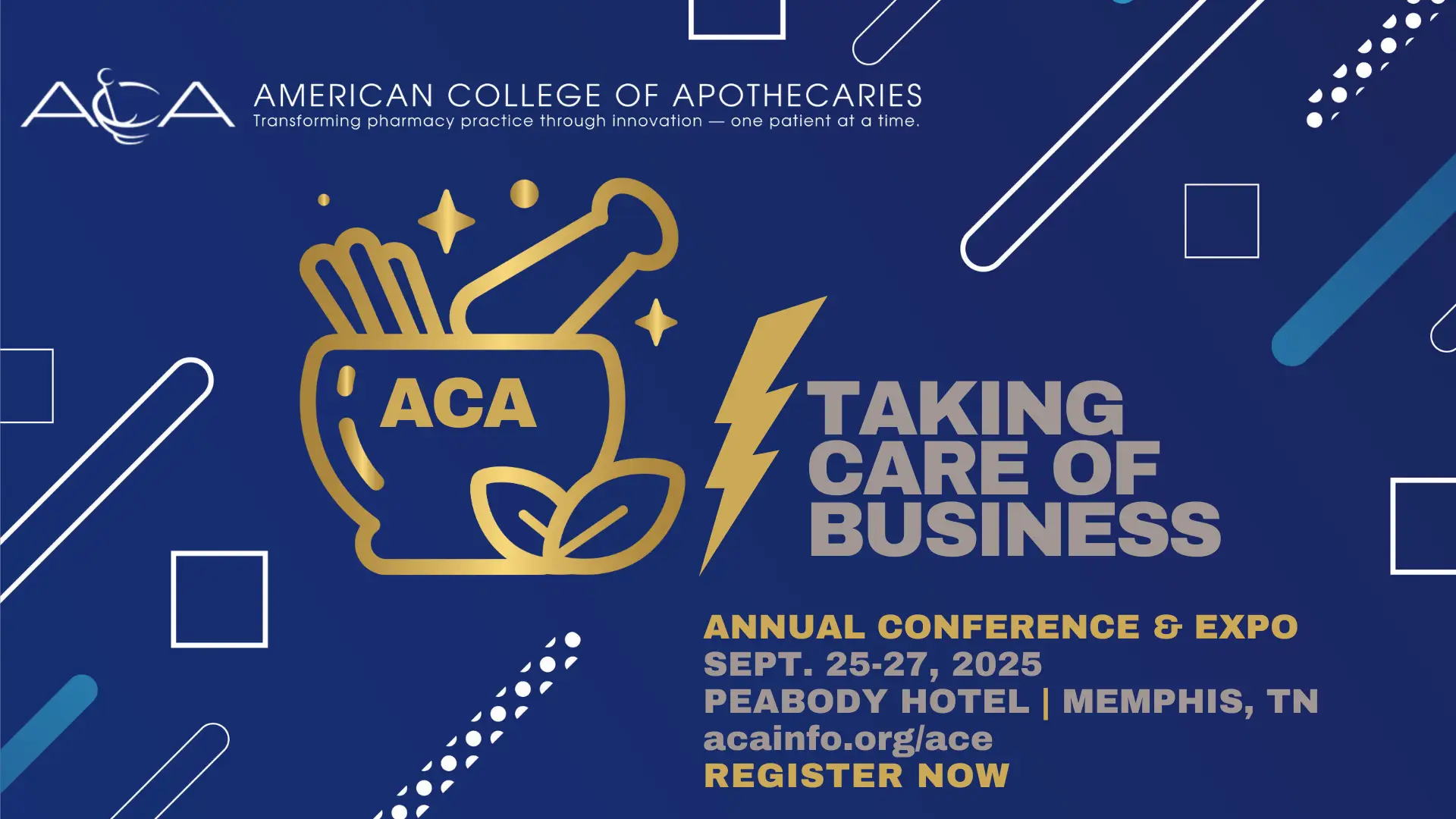
 Register of Historic Places and is world-famous for its five resident Mallard ducks, who march daily through the lobby at 11am and 5pm.
Register of Historic Places and is world-famous for its five resident Mallard ducks, who march daily through the lobby at 11am and 5pm.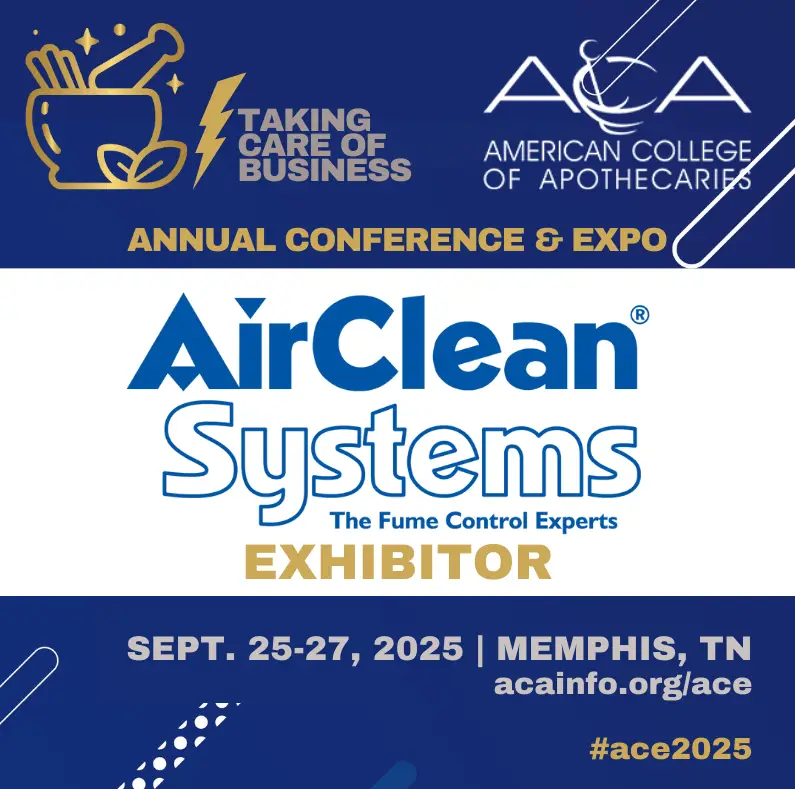
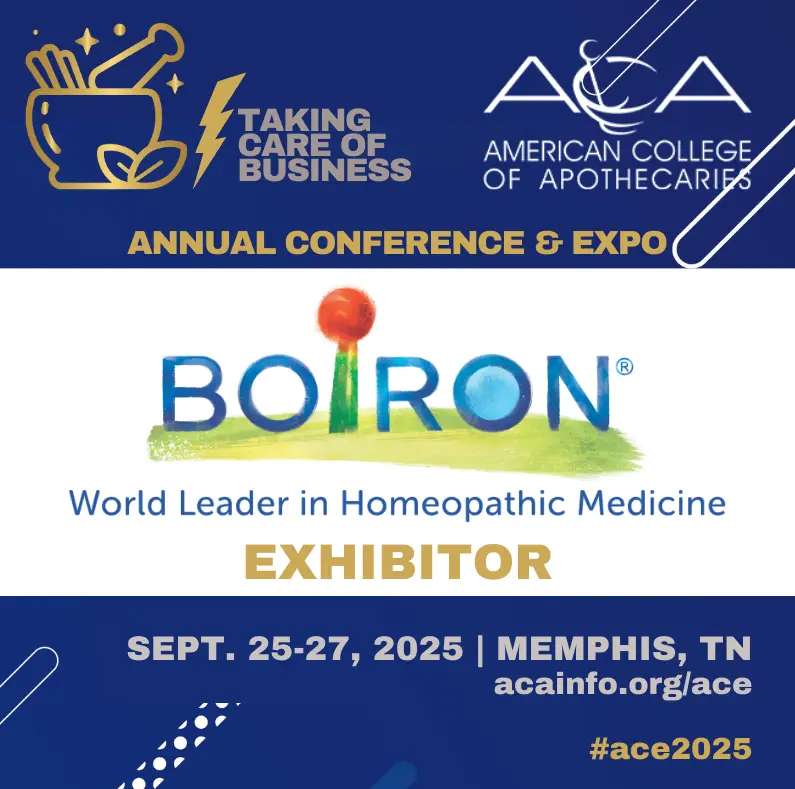
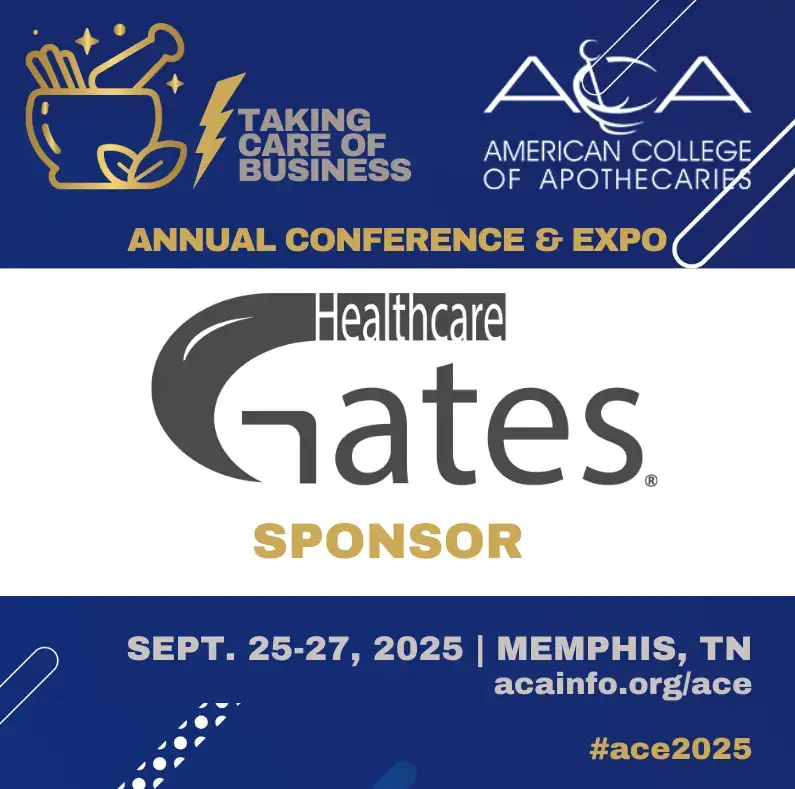
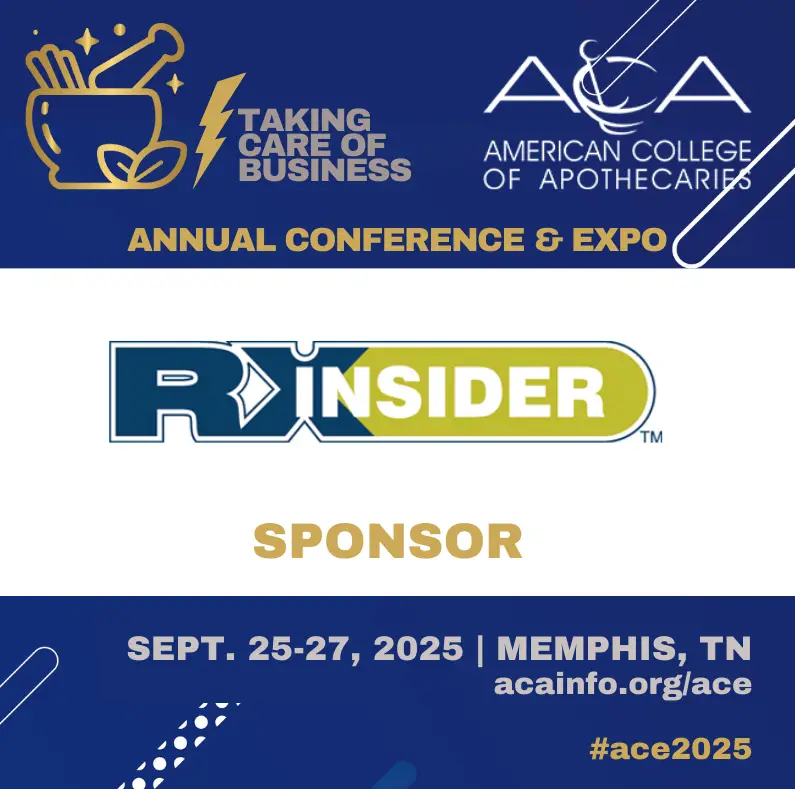
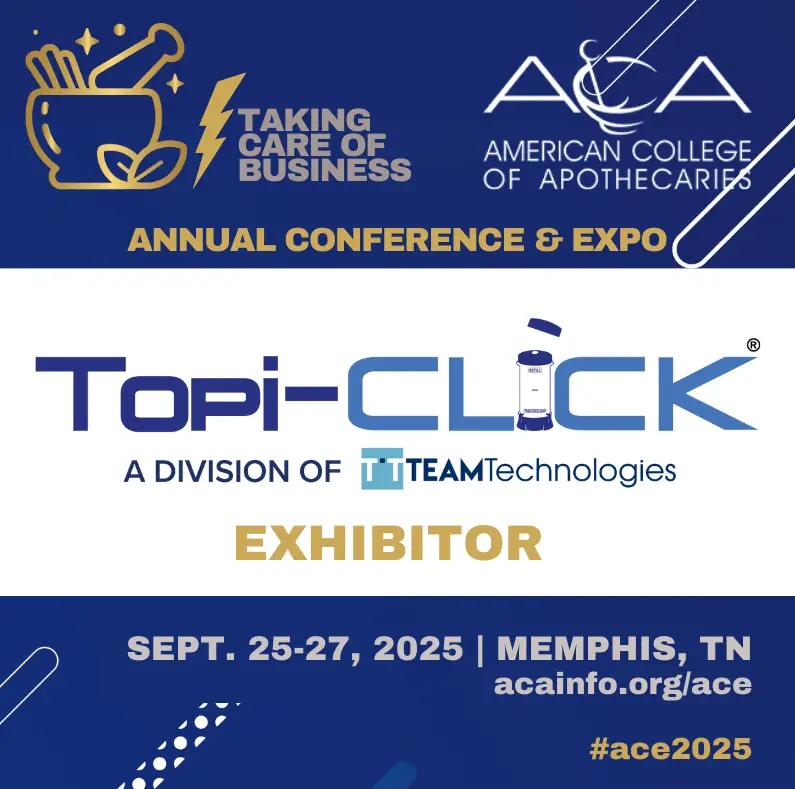
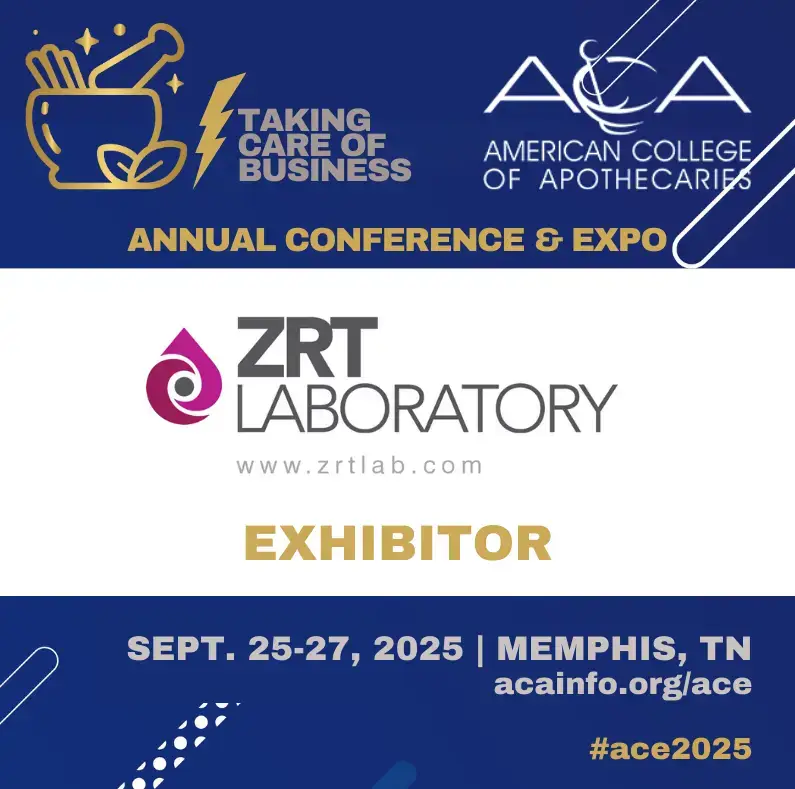
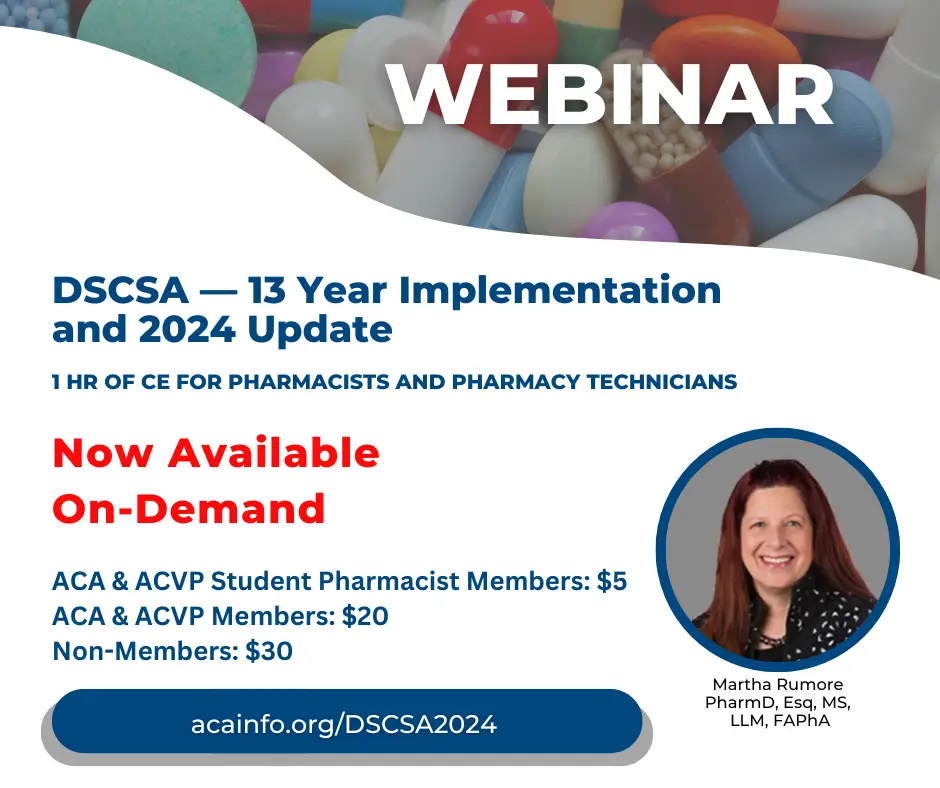
 Martha M. Rumore, PharmD, Esq, MS, LLM, FAPhA is a pharmacist-attorney in Frier Levitt’s Life Sciences Department. She is also a registered patent attorney and leads the firm’s Intellectual property team. She has broad and in-depth healthcare and regulatory experience. Her practice focuses on intellectual property (patents, trademarks, copyrights, trade secrets) and healthcare law, Food, Drug, Device & Cosmetic law (all facets-483s to clinical trials to registrations and product approval), pharmacy law and regulatory issues, 503A/503B compounding, Board of Pharmacy (licensing and disciplinary matters), PBM audits, and DSCSA supply chain compliance. Dr. Rumore has over 25 years of health-system, pharmaceutical industry, and law firm experience in the area of Food, Drug & Cosmetic Law, and pharmaceutical intellectual property Dr. Rumore is fluent in cGMPs, GCPs, writing and reviewing Clinical Trial Agreements (CTAs), Investigator brochures, manuscripts, labeling & advertising review, NDAs, study reports, and documents for regulatory submissions. She often prepares legal memoranda on healthcare/FDA matters and conducts Mock State Board of Pharmacy and FDA inspections for compounding pharmacies. Dr. Rumore has practiced both pharmacy and law. She has actual experience as a compounding pharmacist. She regularly counsels on Section 503A and state-specific compounding requirements, assesses compounding practices for state and federal regulatory compliance, including USP 797/795/800, medical necessity documentation, advertising & promotion, reimbursement issues, infrastructure, and preparing compounding policies and procedures that provide clear guidelines, standards, and training for staff. Previously, she was at the Director level in Drug Regulatory Affairs/Compliance in the pharmaceutical industry and hospital pharmacy. She taught Pharmacy Law, Drug Regulatory Affairs, and Food Drug & Cosmetic Law at several New York Colleges of Pharmacy and currently teaches Food, Drug & Cosmetic Law at Maurice A. Deane School of Law at Hofstra University. She is a frequent lecturer and has over 200 publications and presentations.
Martha M. Rumore, PharmD, Esq, MS, LLM, FAPhA is a pharmacist-attorney in Frier Levitt’s Life Sciences Department. She is also a registered patent attorney and leads the firm’s Intellectual property team. She has broad and in-depth healthcare and regulatory experience. Her practice focuses on intellectual property (patents, trademarks, copyrights, trade secrets) and healthcare law, Food, Drug, Device & Cosmetic law (all facets-483s to clinical trials to registrations and product approval), pharmacy law and regulatory issues, 503A/503B compounding, Board of Pharmacy (licensing and disciplinary matters), PBM audits, and DSCSA supply chain compliance. Dr. Rumore has over 25 years of health-system, pharmaceutical industry, and law firm experience in the area of Food, Drug & Cosmetic Law, and pharmaceutical intellectual property Dr. Rumore is fluent in cGMPs, GCPs, writing and reviewing Clinical Trial Agreements (CTAs), Investigator brochures, manuscripts, labeling & advertising review, NDAs, study reports, and documents for regulatory submissions. She often prepares legal memoranda on healthcare/FDA matters and conducts Mock State Board of Pharmacy and FDA inspections for compounding pharmacies. Dr. Rumore has practiced both pharmacy and law. She has actual experience as a compounding pharmacist. She regularly counsels on Section 503A and state-specific compounding requirements, assesses compounding practices for state and federal regulatory compliance, including USP 797/795/800, medical necessity documentation, advertising & promotion, reimbursement issues, infrastructure, and preparing compounding policies and procedures that provide clear guidelines, standards, and training for staff. Previously, she was at the Director level in Drug Regulatory Affairs/Compliance in the pharmaceutical industry and hospital pharmacy. She taught Pharmacy Law, Drug Regulatory Affairs, and Food Drug & Cosmetic Law at several New York Colleges of Pharmacy and currently teaches Food, Drug & Cosmetic Law at Maurice A. Deane School of Law at Hofstra University. She is a frequent lecturer and has over 200 publications and presentations.